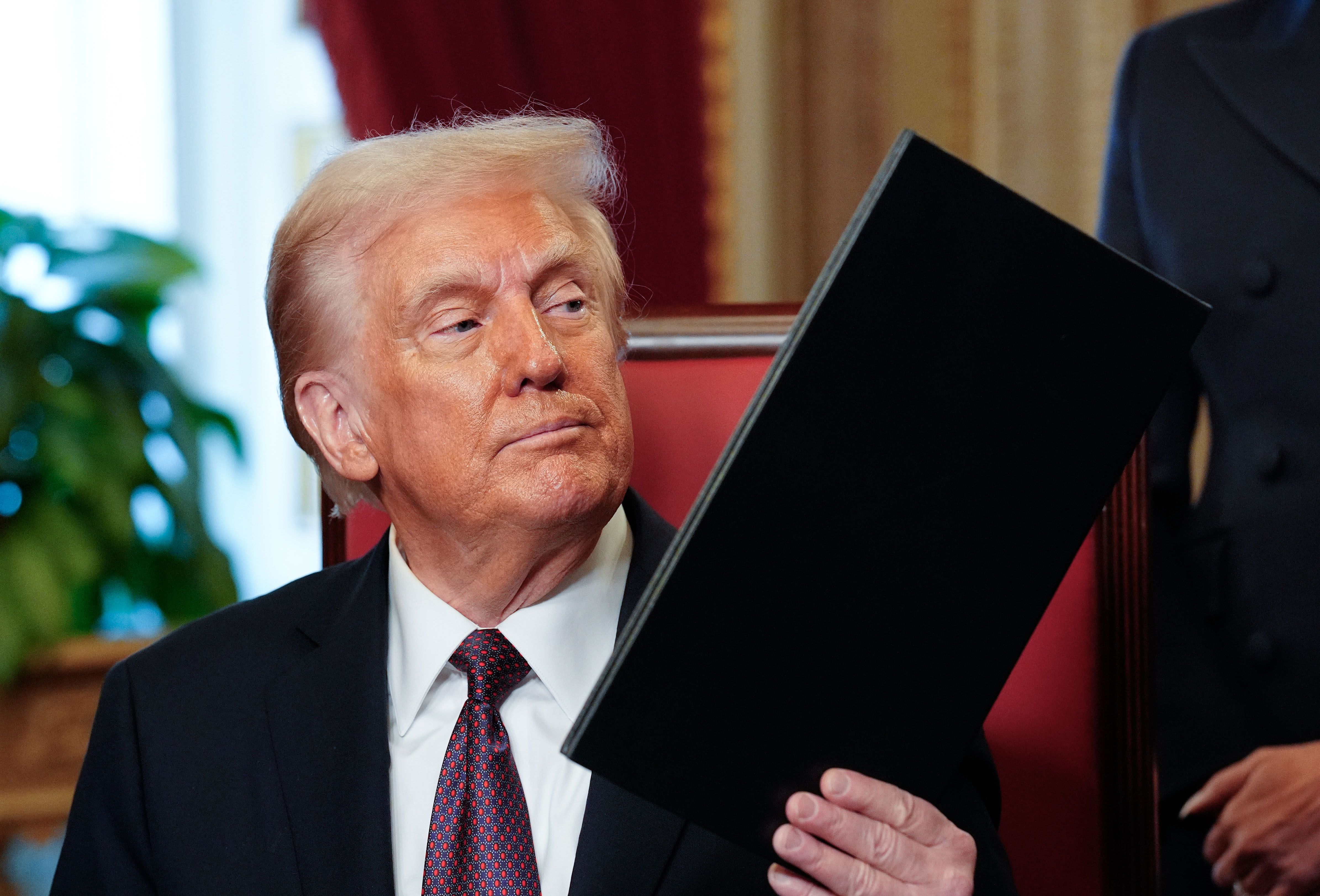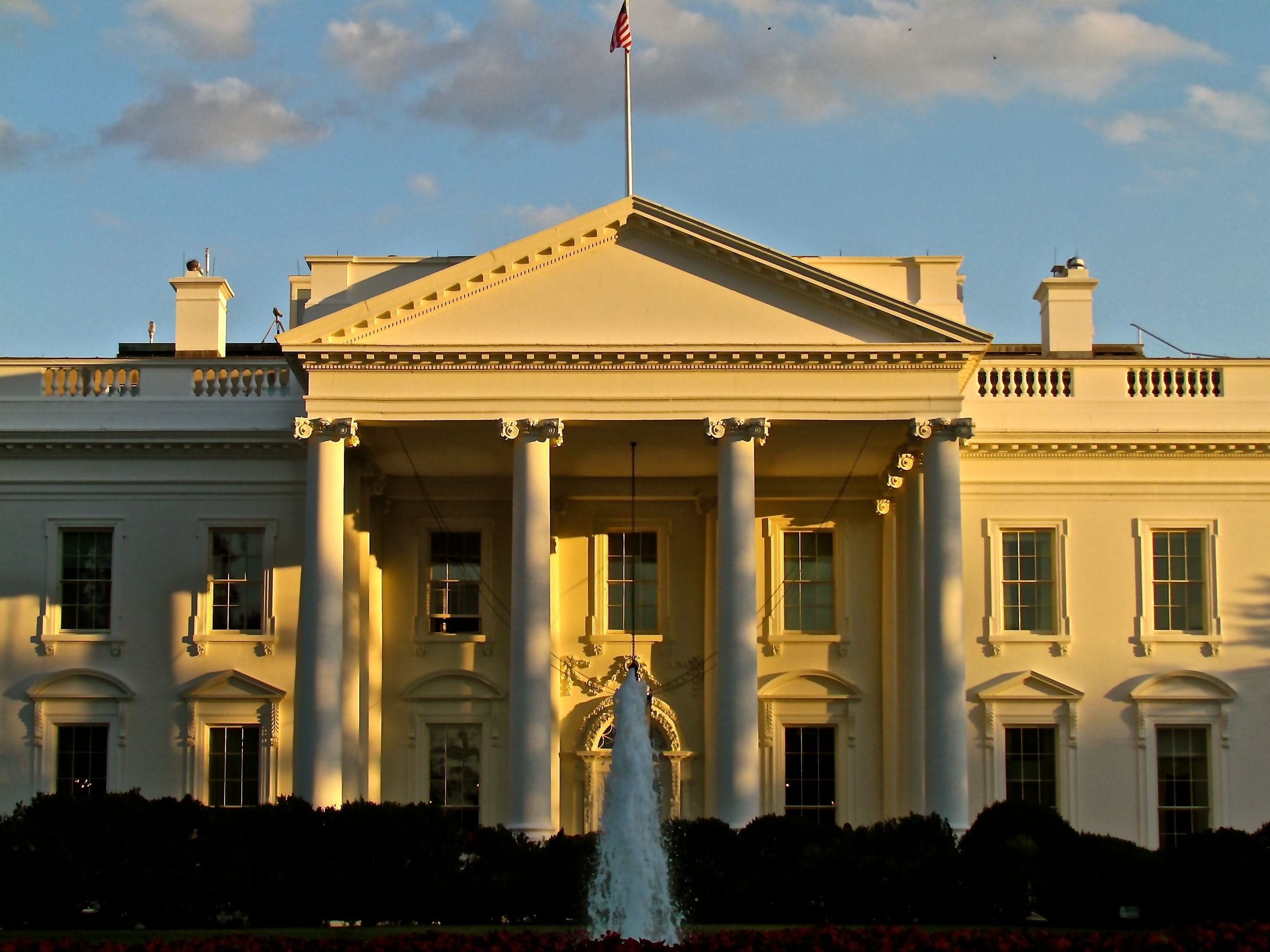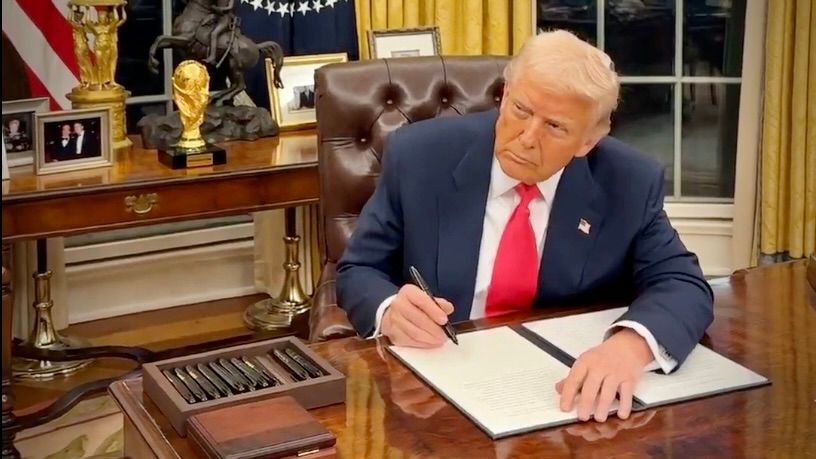US Government Holding Digital Currencies: A Reality Check
Debunking the Myths
President Trump has proposed the Federal government hold digital currencies, and some media and political people have pushed back with dire warnings of the impact on the U.S. dollar. However, the reality of Trump’s proposal differs sharply from that painted by Trump’s hysteric critics. BTC is not a threat to the U.S. dollar, and U.S. government holding of BTC or any other digital currencies is not an endorsement.
The Dominance of the US Dollar
The U.S. dollar still dominates the world, representing nearly 60% of all currency held by central banks, as of Dec. 2024, according to the IMF. Unlike fiat currencies, bitcoin and other digital currencies are not governed by any central bank. So, there is no way to ever have an adversarial relationship with the issuer of BTC – unlike the issuer of Chinese yuan or Russian rubles.
Holding Foreign Currencies is Not an Endorsement
Most of the forex reserves held by the U.S. are euros and Chinese yuan. But no one is calling for the U.S. to stop holding euros. That’s because holding a currency in reserve is not an endorsement of that currency. Countries hold forex reserves primarily for liquidity purposes – mainly to facilitate foreign trade with counterparties using the other currency. And, since BTC and ETH are the largest digital currencies, it makes sense for the U.S. to hold those currencies.
The Size of the US Dollar vs. Bitcoin
Most importantly, the U.S. dollar dwarfs BTC in size. USD value is more than 1,150x larger than BTC at $2,300 billion USD versus about $2 billion for BTC. And BTC ranked as only the 16th largest foreign currency in the world, measured by USD, as of the start of 2024. So, if the U.S. held 50,000 BTC, it would represent less than 5% of its foreign currency reserve holdings.
The Value of Digital Currencies
Critics of digital currencies argue they have no inherent value – but that is like saying a Picasso has no inherent value, aside from the inherent value of dried paint and an old canvas. What a Picasso has is social value and scarcity value – the same sources of value as BTC. Bitcoin’s social value derives from its objective to serve a role outside control of governments. Its scarcity value acts to support BTC’s price and enhances its utility as a store-of-value.
The Importance of Fintech
There’s another reason for the U.S. to hold virtual currencies. They represent a major leap in financial technology and it is in the paramount interest of the United States to be at the forefront of fintech. It’s not only to make the U.S. the most efficient financial player, but also to be best prepared for changes that may come in the future. Blockchain technology has proven to have many uses beyond digital currencies, including reducing transaction costs thereby benefiting all consumers.
Conclusion
In conclusion, the proposal to hold digital currencies by the U.S. government is not a threat to the U.S. dollar. It is a smart and forward-looking move that gives a boost to the fintech sector. The U.S. dollar is still the dominant currency in the world, and holding BTC or other digital currencies is not an endorsement of those currencies. The value of digital currencies lies in their social value and scarcity value, and they represent a major leap in financial technology.
FAQs
Q: Is holding digital currencies a threat to the U.S. dollar?
A: No, holding digital currencies is not a threat to the U.S. dollar. The U.S. dollar is still the dominant currency in the world, and holding BTC or other digital currencies is not an endorsement of those currencies.
Q: Why is the U.S. holding foreign currencies in reserve?
A: The U.S. holds foreign currencies in reserve primarily for liquidity purposes – mainly to facilitate foreign trade with counterparties using the other currency.
Q: Is the value of digital currencies inherent?
A: No, the value of digital currencies is not inherent. It lies in their social value and scarcity value, just like a Picasso has social value and scarcity value.
Q: Why is fintech important for the U.S.?
A: Fintech is important for the U.S. because it represents a major leap in financial technology and it is in the paramount interest of the United States to be at the forefront of fintech. It’s not only to make the U.S. the most efficient financial player, but also to be best prepared for changes that may come in the future.










